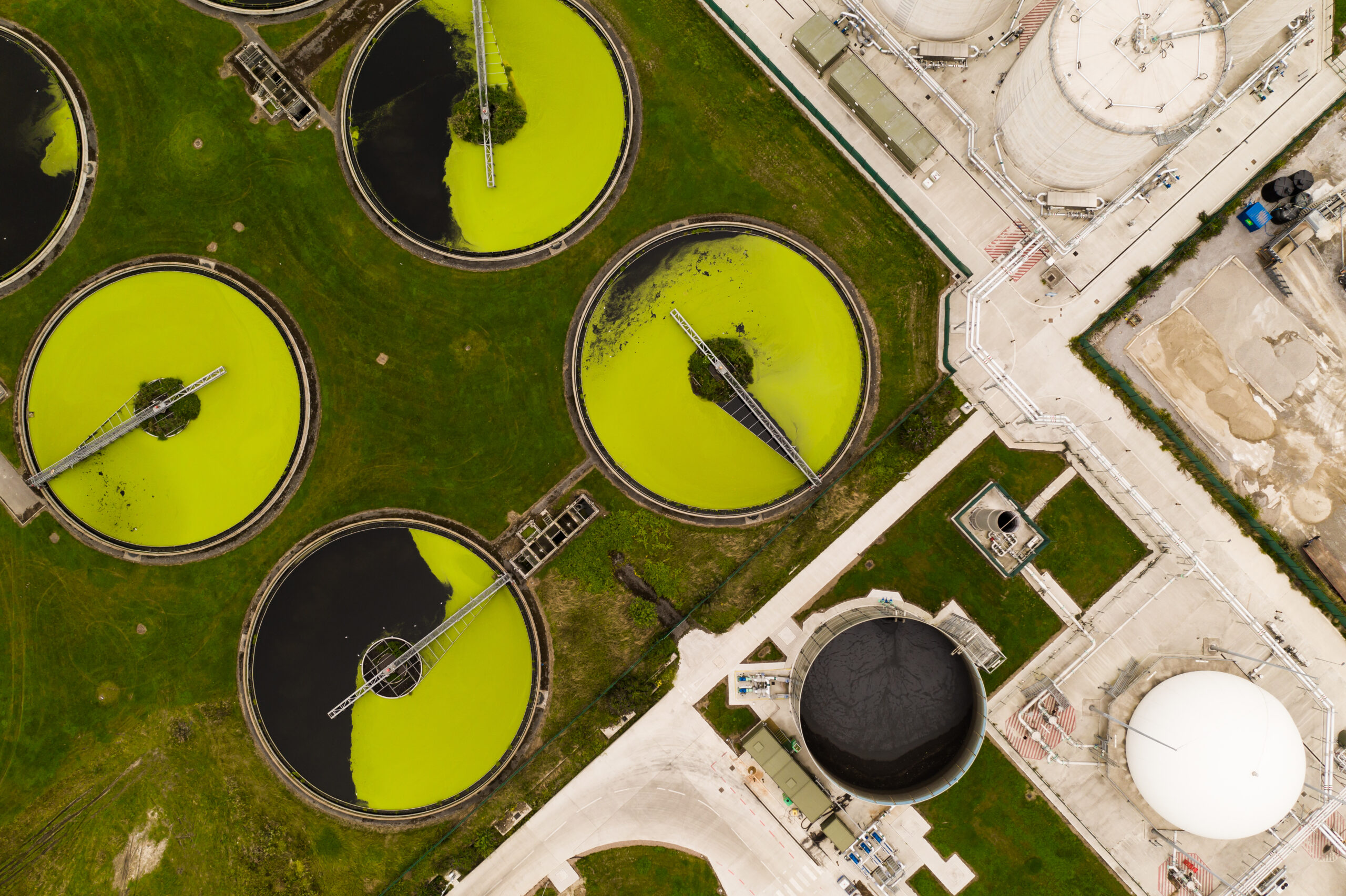Antibiotic resistance is an emerging threat to public health, and now a leading cause of death worldwide, killing close to five million people in 2019. Due partly to the overuse and abuse of antibiotics since their commercialisation in the early 20th century, the scale of the problem has continued to grow. Wastewater has been recognised as one of the most important routes by which bacteria and genes resistant to antibiotics are released into the environment.
Even after processing in a wastewater treatment plant, non-disinfected wastewaters contain orders of magnitude more antibiotic-resistant bacteria and antibiotic resistance genes than is naturally found in rivers and lakes. Raw sewage contains yet again much higher levels, and thus discharge of untreated sewage can be expected to contaminate the environment even more severely. One way this can happen, even in countries with otherwise excellent sanitation infrastructure, is when heavy rain leads to sewage volumes that exceed the capacities of sewer systems or wastewater treatment plants.
Read the full article to know more.

